It had been billed as an electrifying encounter — the secretary of state preparing to confront Beijing with a catalog of global misdemeanors, ranging from stepped-up support for Russian aggression against Ukraine to the intimidation of ships in the South China Sea belonging to US treaty ally, the Philippines, and the systematic breaking of world trade rules by flooding the market with heavily subsidized electric vehicles and other renewable tech.
“Russia would struggle to sustain its assault on Ukraine without China’s support,” Antony Blinken said on Friday, at the end of a three-day trip that included meetings with his Chinese counterpart Wang Yi and with President Xi Jinping. “I made clear that if China does not address this problem, we will.” He added that while the US “seeks to deepen co-operation where our interests align,” it was “very clear-eyed about the challenges posed by China.” The Chinese foreign ministry called the US position “extremely hypocritical and irresponsible,” though Yi also said, “Overall, the China-US relationship is beginning to stabilize.” For his part, Xi set aside his more recent war-mongering rhetoric, saying the two countries should “seek common ground and reserve differences, rather than engage in vicious competition.” It was, in other words, all rather performative — and underwhelming.
Yet rarely has a top US diplomat stepped off a plane in the Chinese capital with such a comprehensive — and well trailed — list of grievances. The US has accused China of shoring up Russia’s defense industrial base through the supply of dual-use items such as machine tools and microelectronics. In the run-up to the Beijing meetings, there were suggestions that Washington was preparing sanctions against Chinese banks seen as facilitating this trade. Tensions have also escalated in the South China Sea, which China claims almost in its entirety — although these declarations have been ruled illegal under international law. Chinese ships have been trying to prevent the Philippines from resupplying its marines on the Sierra Madre, a rusting ship deliberately grounded in 1999 as a symbol of sovereignty on Second Thomas Shoal, a largely submerged reef inside the Philippines’ exclusive economic zone. Washington has reminded Beijing that the ship is covered by its mutual defense treaty with Manila.
US officials have also warned Beijing about over-production and dumping its EVs on global markets for below cost prices — part of a broader Chinese government-supported strategy of attempting to export its way out of its current economic malaise. On the eve of Blinken’s trip, President Joe Biden signed into law a bill that would ban the popular video-sharing app TikTok unless the app’s US operations are sold by its Chinese parent company ByteDance within 270 days. Biden has also called for a tripling of steel and aluminum tariffs and launched a trade investigation into China’s maritime, logistics and shipbuilding sectors. The US has also stepped-up controls on the export to China of advanced chips and the machines to make them.
Beijing accused Washington of protectionism and vowed to retaliate, but its options are limited — which may explain, in part, the relatively muted response to Blinken’s visit. Take the possible TikTok ban. Most western social media platforms are already banned in China, and targeting high-profile American tech companies with large Chinese investments such as Tesla and Apple would be self-defeating. Although both have faced pressure recently — Tesla cars have been banned from Chinese government and military compounds and officials have been told not to use iPhones — the companies are useful for the Chinese Communist Party. Both Elon Musk and Tim Cook are big cheerleaders for engagement with China and will be regarded by the party as valuable assets.
On a broader front, China already routinely discriminates against foreign companies in favor of its own. As a report from the American Chamber of Commerce in China put on the eve of Blinken’s visit put it: “Many of our members continue to encounter barriers to investment and operations including policies that discriminate against them and public relations campaigns that create suspicion of foreigners.” Although the CCP rails against western “de-risking” and “de-coupling,” a form of both have been central to China’s industrial policy for many years — well before they were articulated in the West. This has been stepped up as Beijing has looked at ways of hardening its financial system and economy against possible sanctions that might be imposed over Russian support or aggression against Taiwan.
It is also hard for Beijing to portray Blinken’s complaints as part of an American plot, since concerns, particularly over support for Russia and predatory trading practices, are increasingly shared by western allies. It seems no accident that Blinken’s visit to Beijing coincided with European Union raid on Nuctech, a Chinese tech firm, over a suspected infringement of new EU anti-subsidy rules.
Blinken’s trip came at a time of considerable strain in relations, but also heralds a significant increase in dialogue and diplomacy. Much diplomacy happens in the shadows, and it could well be that Blinken was given private assurances about Chinese behavior — though seasoned diplomats will know that CCP assurances can mean little. The meeting also came at the end of a week during which Xi announced another far-reaching reorganization at the top of the People’s Liberation Army, which triggered further speculation about military corruption and battle-readiness — and the security of Xi’s own position. Diplomatic missions to China are never straightforward, but the stakes are increasingly high.
This article was originally published on The Spectator’s UK website.



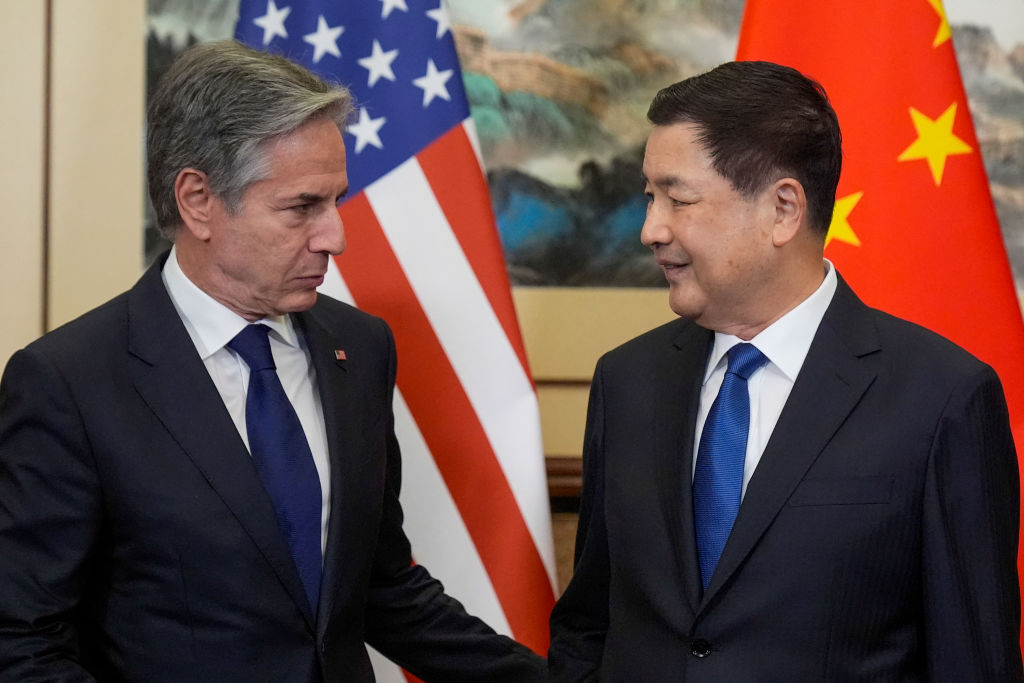










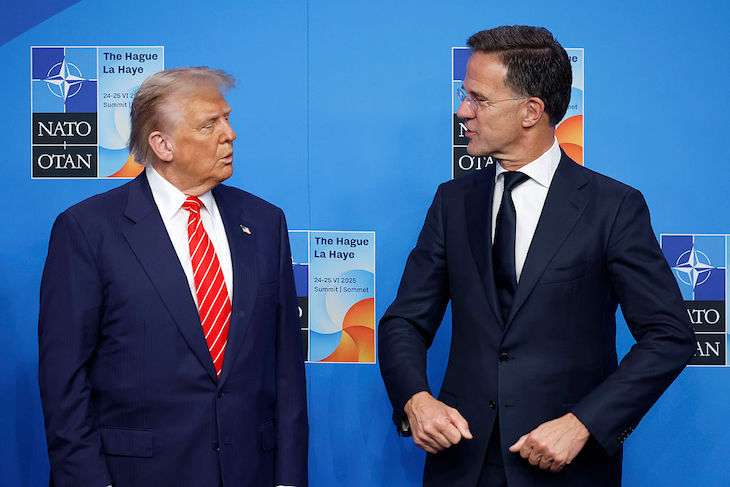
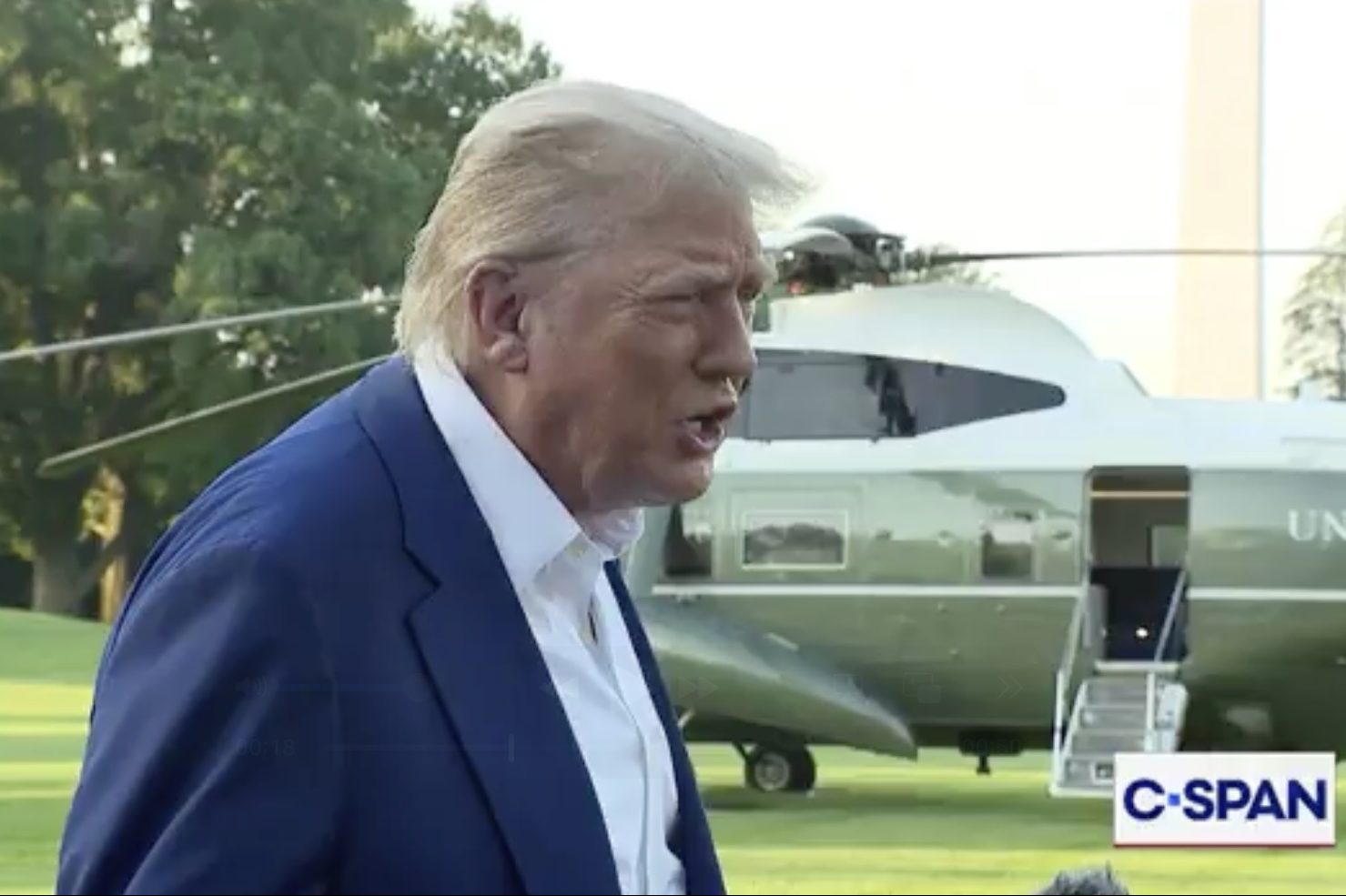
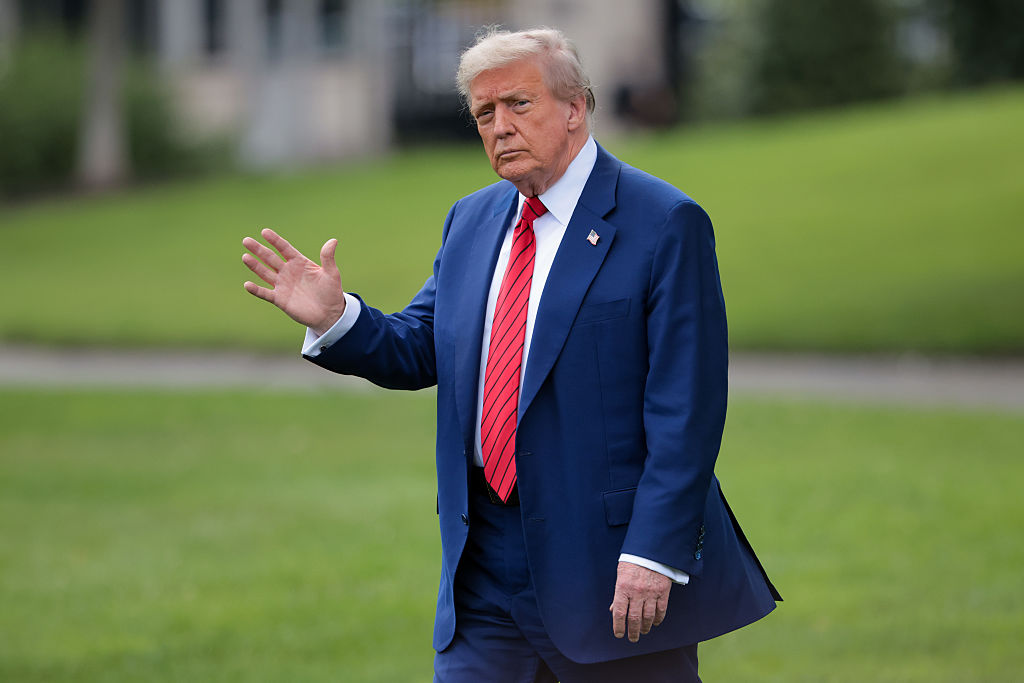
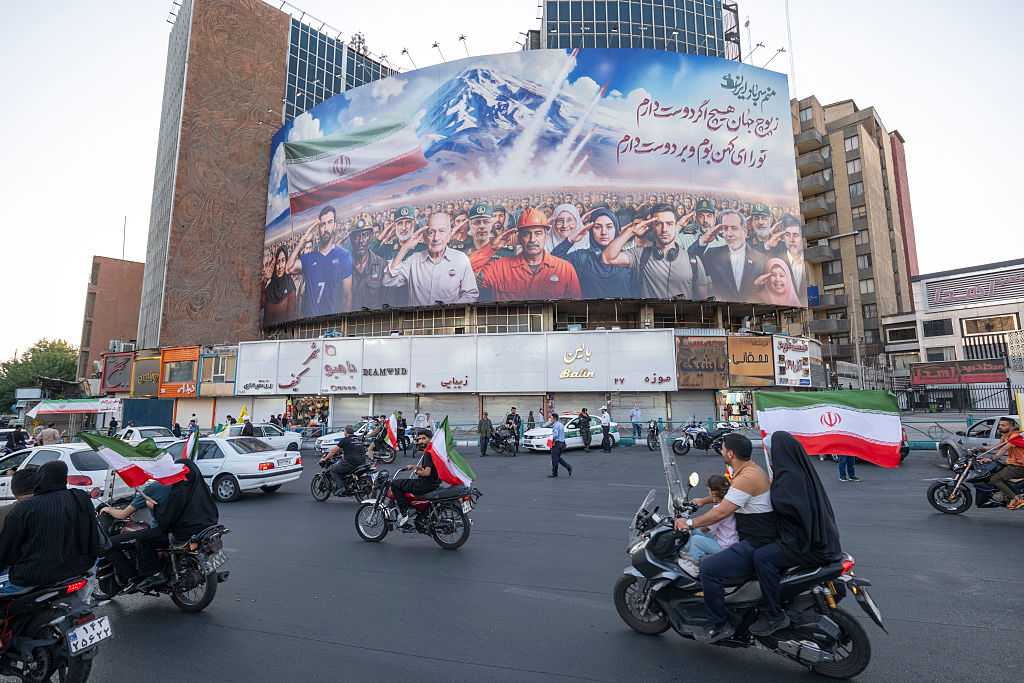
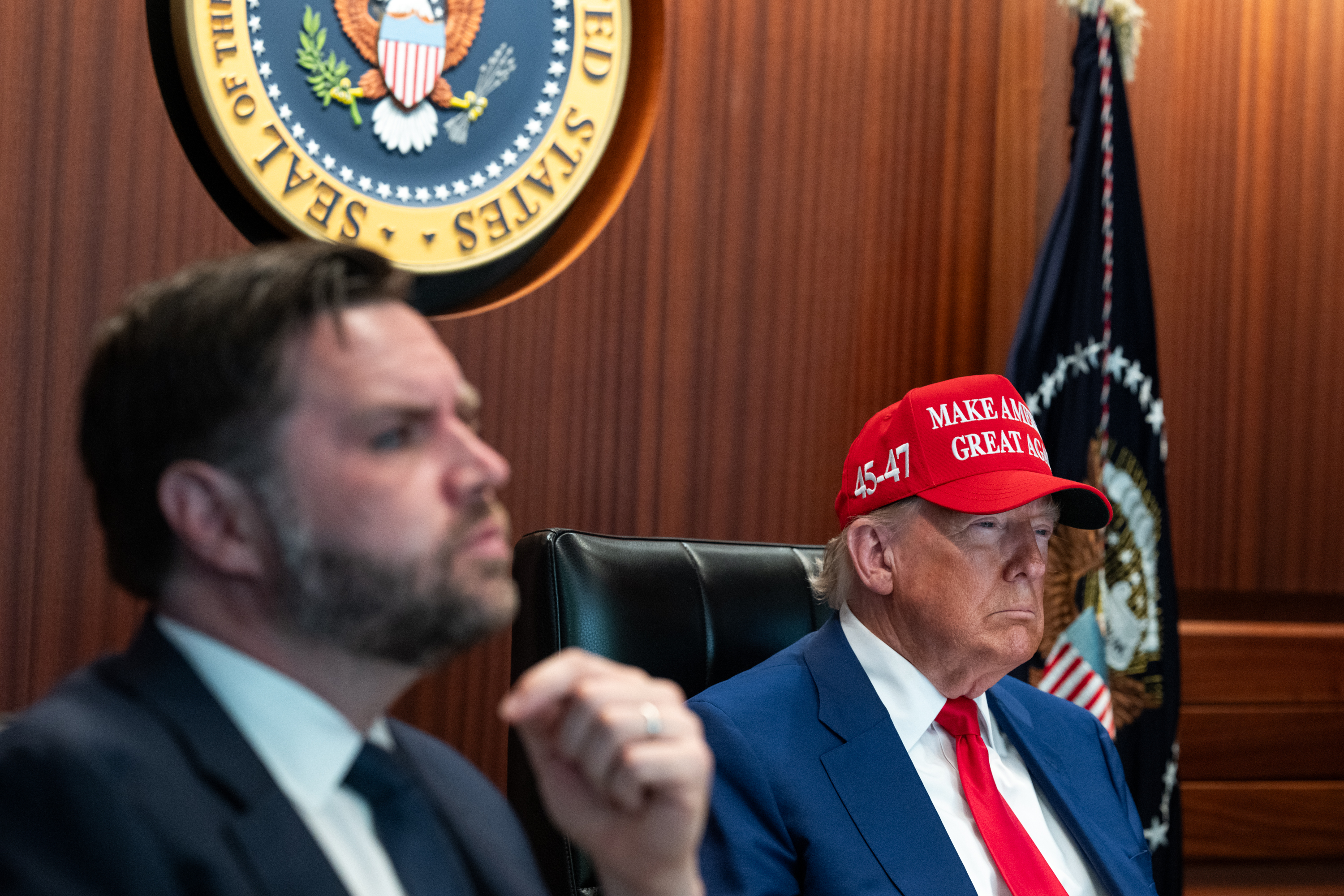







Leave a Reply